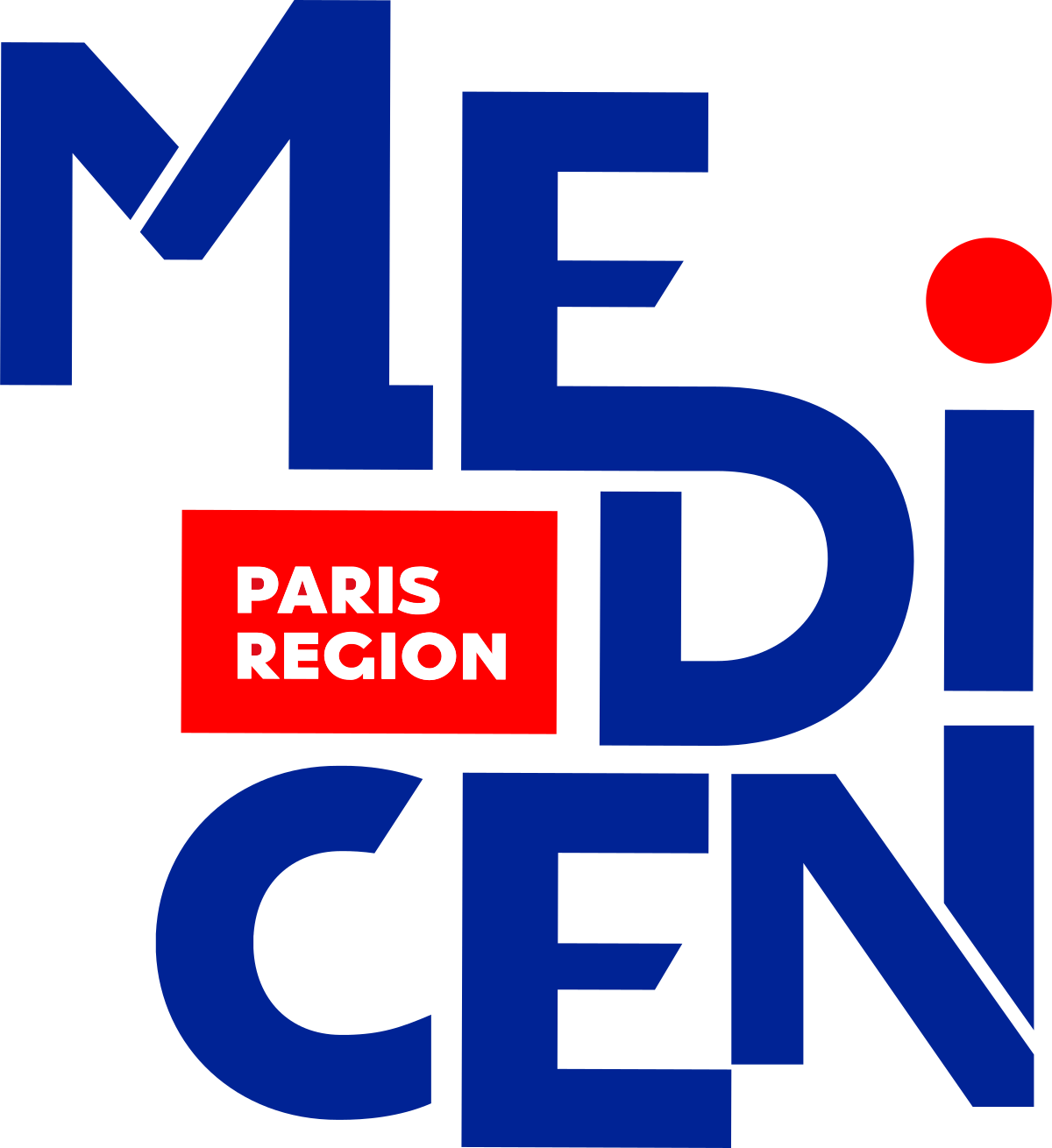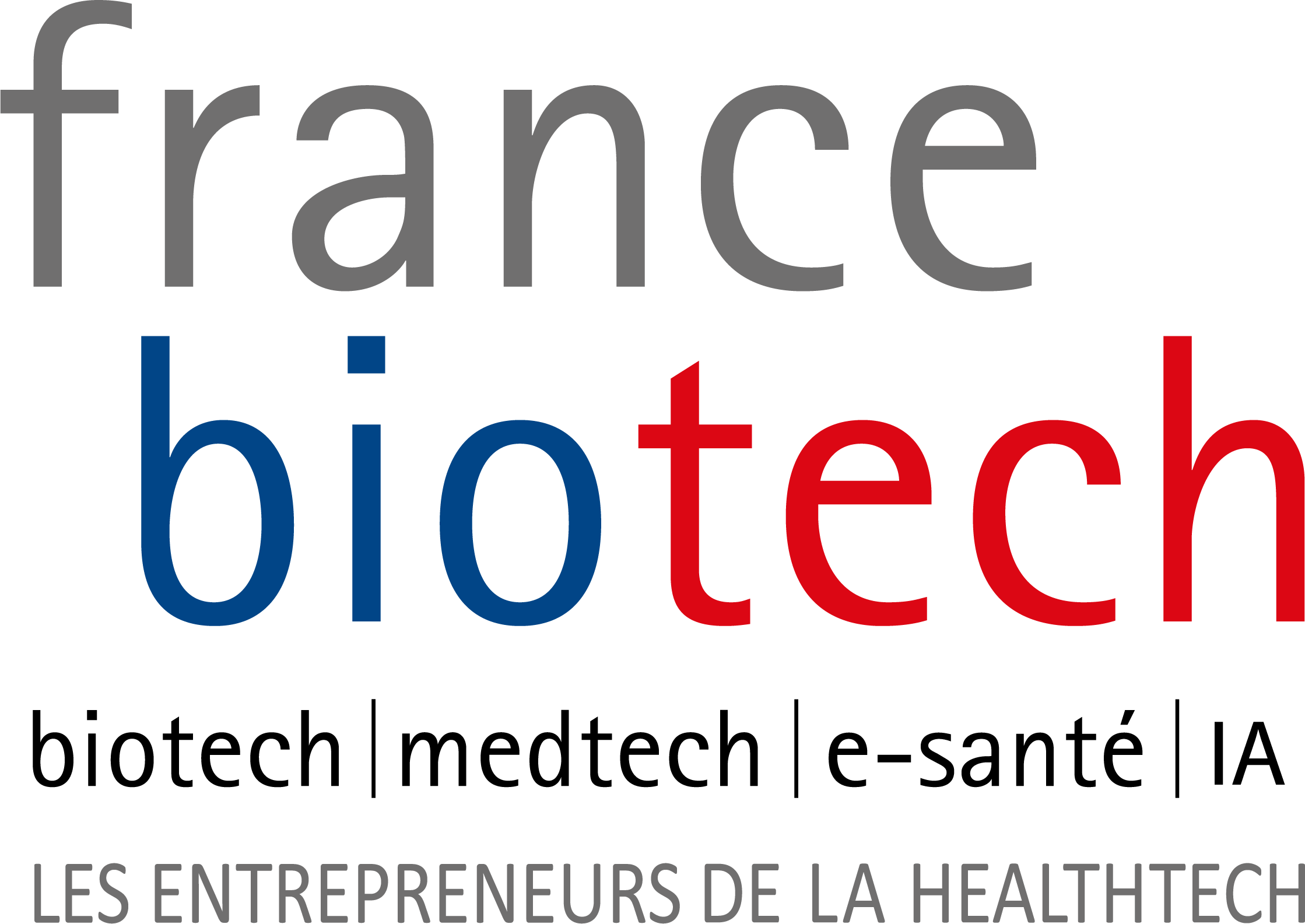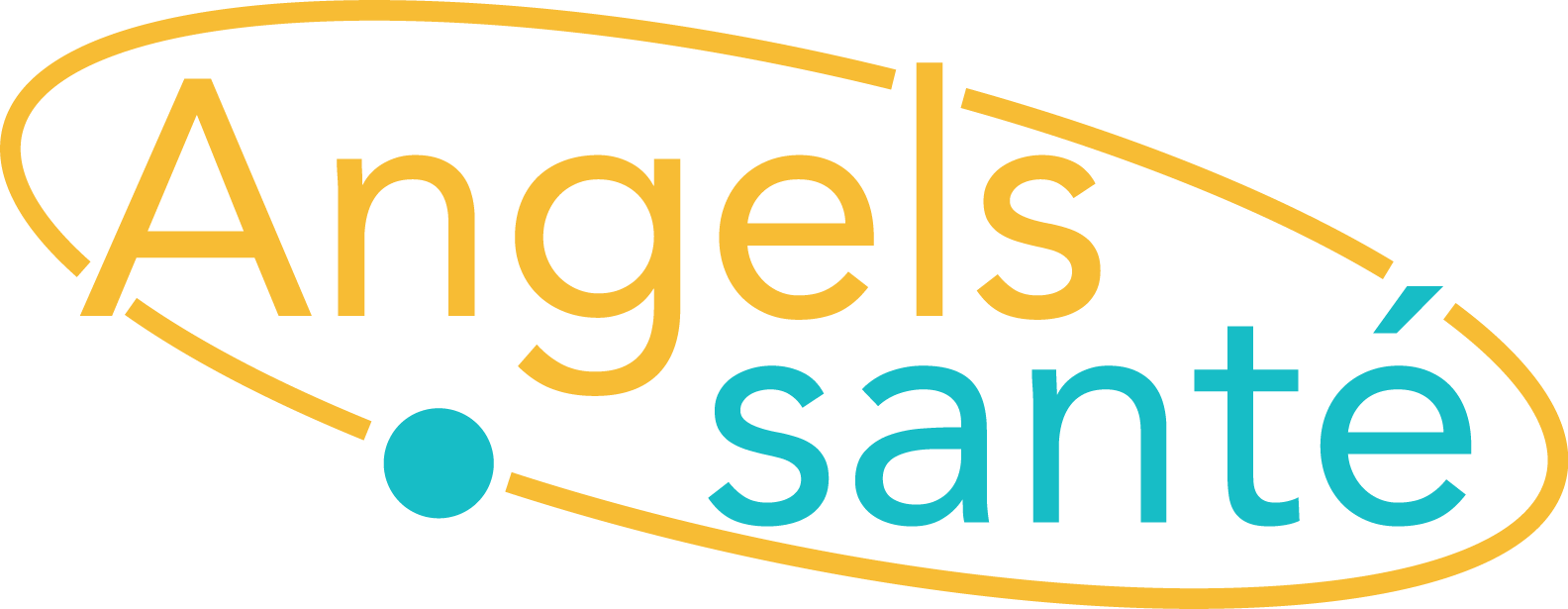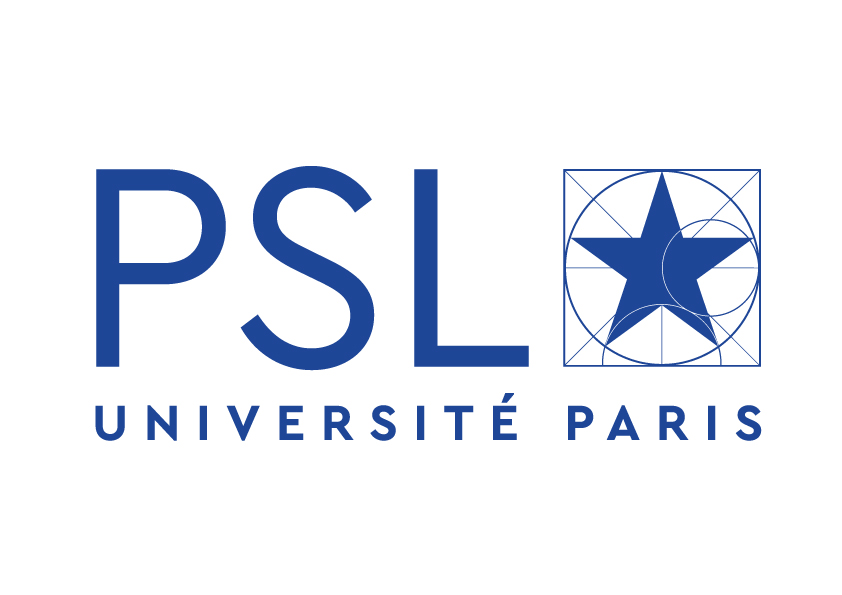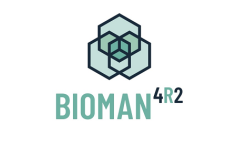The GI Tract: An Untapped Frontier in Modern Medicine
Biologic immunotherapies — when delivered by injection — are poorly suited to treat gastrointestinal diseases. Less than 5% of the dose reaches the gut, while the majority is absorbed systemically, often resulting in serious side effects, high treatment costs, and suboptimal outcomes.
“What is lacking today is the ability to deliver an effective and safe biological payload at the GI tract level.”
— Alexandre LEBEAUT, MD, Former Chief Scientific Officer, Ipsen
Our Vision: Revolutionizing Gut Medicine Through Targeted Oral Biologics
We are building the next generation of biologic therapies — orally delivered, precisely targeted to the colon, and designed to dramatically improve outcomes for patients with chronic gastrointestinal diseases.
By enabling local action with minimal systemic exposure, our platform aims to:
-
Enhance patient quality of life
-
Reduce toxicity and treatment burden
-
Expand access through more convenient, scalable, and sustainable therapies

We turn blockbuster biologics into targeted oral therapies — extending their life, expanding their reach, and unlocking safer, more effective delivery.
They support us
